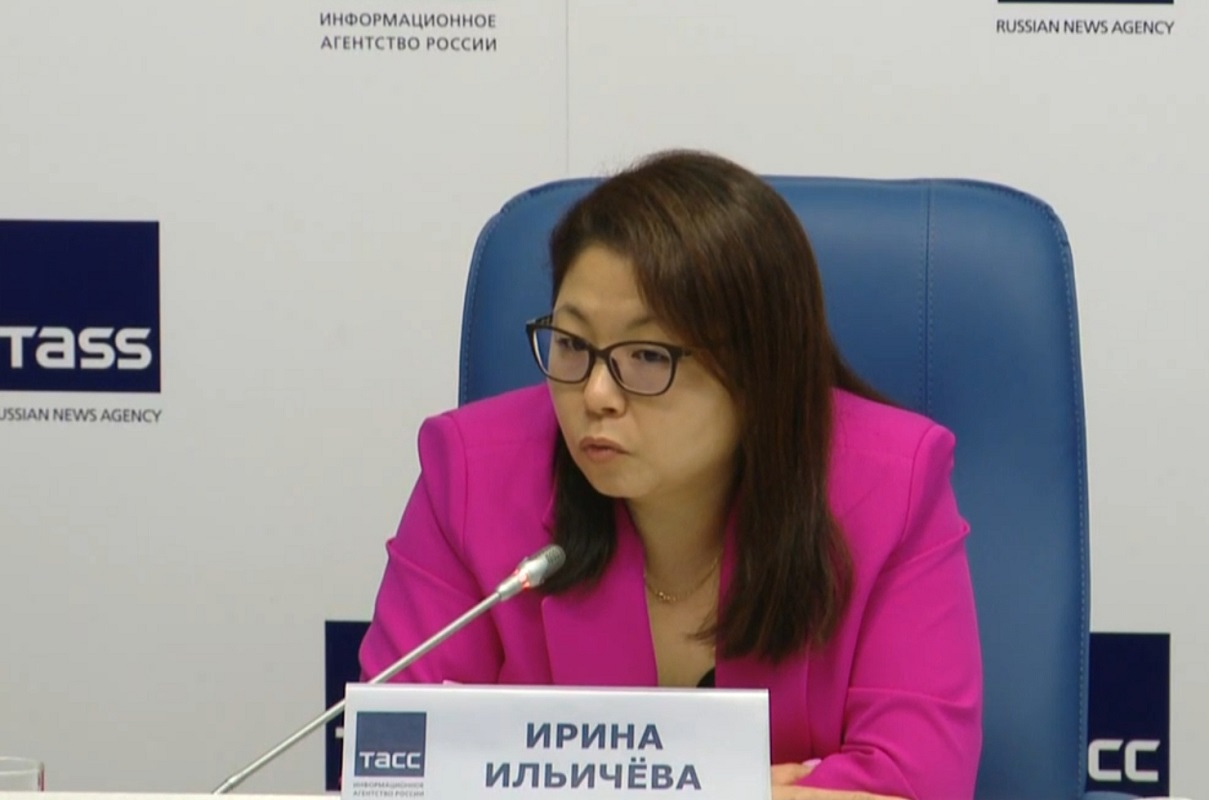Leading assessment methods specialist of the Language Testing Centre at St Petersburg University talks about tests for non-native schoolchildren

At the Russian News Agency TASS Press Centre in St Petersburg, experts have discussed the challenges and prospects for the development of educational projects aimed at Russian language adaptation of migrant children. Irina Ilicheva, Leading Assessment Methods Specialist of the Language Testing Centre at St Petersburg University, took part in the event.
Irina Ilicheva drew the audience’s attention to the fact that for experts, the main challenge in terms of teaching Russian to non-Russian speaking children is the lack of a regulatory framework aimed at supporting inclusion in the classroom of children with a different home language. There should be regulatory guidelines for school principals; teachers; parents; creators of teaching aids; and language test designers to rely on. Currently, the activities of the organisations that interact with these audiences are sporadic and unregulated.
Irina Ilicheva also spoke about the projects in the field of language assessment in Russian as a foreign language for children that are implemented by the experts of the Language Testing Centre at St Petersburg University.
We have developed a set of Russian language tests: a placement test; a mid-term assessment test; and a final test. The fact of the matter is that it can be difficult for teachers to assess a child’s level of Russian. There are children who can read, speak and write; there are those who cannot read or write but can speak; and there are those who cannot do any of these when they start primary school.
Irina Ilicheva, Leading Assessment Methods Specialist of the Language Testing Centre at St Petersburg University
Irina Ilicheva explained that potential problems can arise during the testing and enrolment period. For instance, a 15-year-old cannot be enrolled in primary school because it would be an extremely disadvantageous situation for the kid. Yet, there are cases when some teenagers have reached only the level of first graders in terms of Russian language skills.
Irina Ilicheva talked in detail about the test development practices of the Language Testing Centre at St Petersburg University. She pointed out that the placement test focuses specifically on oral communication skills. ‘When we were developing our placement test, we kept in mind that we need to assess the level of language proficiency in terms of a child’s readiness to study in school where Russian is the language of instruction,’ clarified Irina Ilicheva, Leading Assessment Methods Specialist of the Language Testing Centre at St Petersburg University.
The Language Testing Centre at St Petersburg University operates not only in the Russian Federation, but also overseas. Thus, the Language Testing Centre implements professional development programmes for teachers in comprehensive schools in Uzbekistan.
According to Irina Ilicheva, such programmes are of the utmost importance because professional training or retraining is carried out directly in the countries of origin of migrants who come to Russia with their children.
Summing up, Irina Ilicheva emphasised the significance of teaching the Russian language to migrants. In the process of language learning, they are not only developing communication skills, but also going through the process of socio-cultural adaptation, which facilitates their integration into Russian society.

